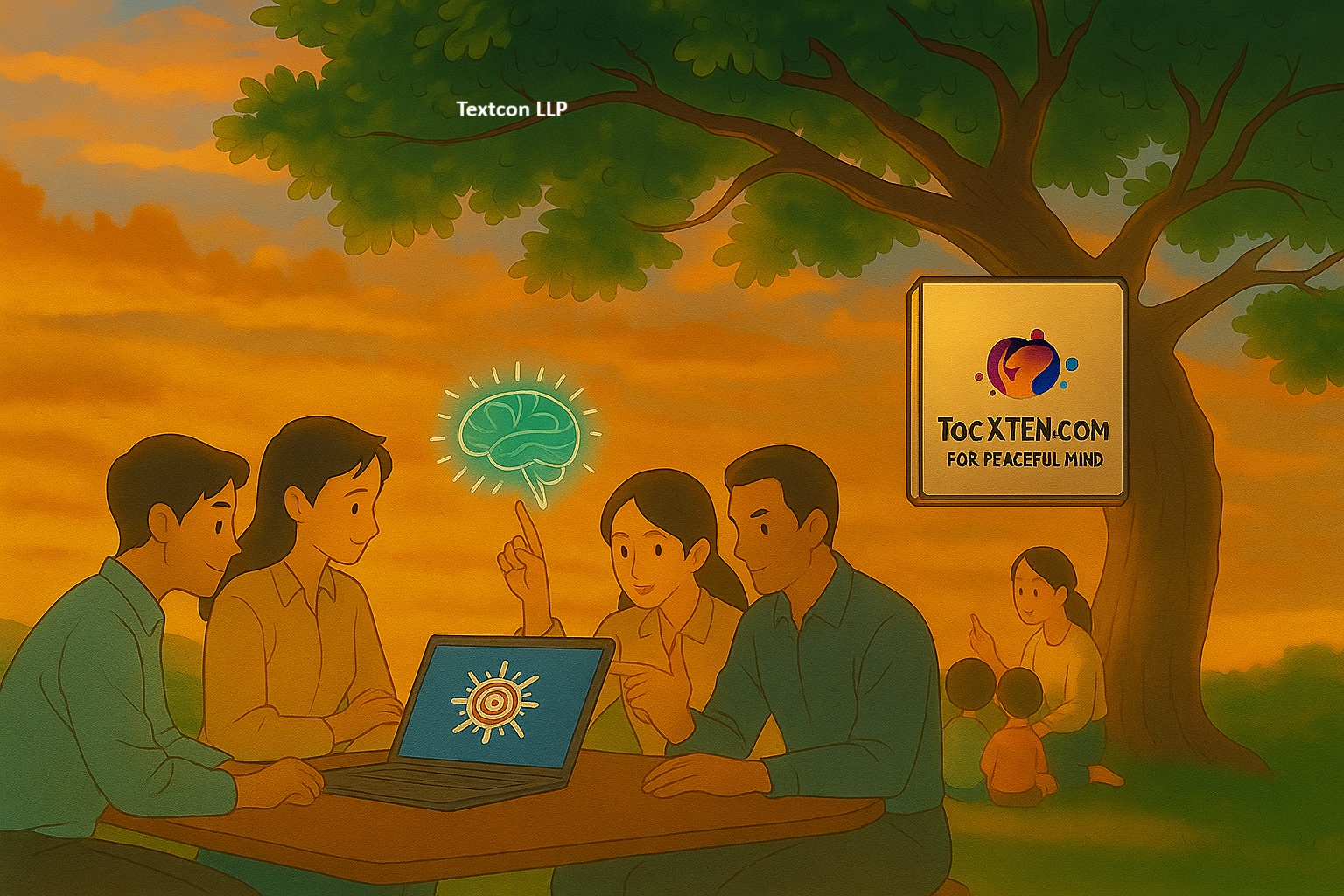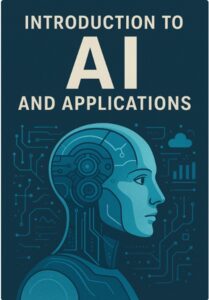The remarkable advancements in quantum computing have given rise to an exciting field known as Quantum Artificial Intelligence (QAI). Combining the principles of quantum mechanics with artificial intelligence, QAI has the potential to revolutionize various industries, from drug discovery to optimization problems. As quantum computers continue to evolve, their immense processing power and ability to handle complex calculations in parallel offer new opportunities and challenges for the field of AI. In this article, we will explore how Quantum Artificial Intelligence will impact the future and transform the landscape of computing.
Unleashing Quantum Computing’s Power: Quantum computers harness the principles of quantum mechanics, such as superposition and entanglement, to perform computations on a scale that surpasses classical computers. While classical computers use bits as basic units of information (0s and 1s), quantum computers utilize quantum bits or qubits, which can represent multiple states simultaneously. This inherent parallelism allows quantum computers to tackle complex problems exponentially faster than classical counterparts.
- Enhanced Computational Power: Traditional computers utilize binary digits or bits (0s and 1s) to represent and process information. In contrast, quantum computers employ quantum bits or qubits, which can exist in multiple states simultaneously through a property called superposition. This enables quantum computers to perform computations on a vast number of possibilities simultaneously, resulting in an exponential increase in computational power. With such enhanced capabilities, QAI will significantly accelerate AI algorithms, enabling more accurate predictions, deeper insights, and faster decision-making processes.
- Quantum Neural Networks: Neural networks are the backbone of modern AI, mimicking the structure and functionality of the human brain. The advent of quantum neural networks, which leverage quantum computing principles, will take AI capabilities to a whole new level. By utilizing qubits as building blocks, quantum neural networks will be capable of handling exponentially more complex computations, facilitating the development of highly intelligent and adaptive systems. Quantum neural networks will enhance the understanding of intricate data relationships, enable more efficient training processes, and lead to the creation of sophisticated AI systems capable of solving real-world problems with unprecedented accuracy.
- Accelerating Machine Learning: Quantum computing can significantly enhance machine learning algorithms, enabling more efficient and accurate data analysis. Quantum algorithms, such as the Quantum Support Vector Machine (QSVM) and Quantum Neural Networks, hold the potential to handle vast datasets, improve pattern recognition, and optimize model training processes. QAI’s ability to process and analyze data at an unprecedented scale could lead to breakthroughs in areas such as image recognition, natural language processing, and personalized medicine.
- Solving Complex Optimization Problems: Optimization problems are pervasive across industries, from logistics and supply chain management to financial portfolio optimization. Quantum computers excel at solving combinatorial optimization problems by exploring a vast number of possibilities simultaneously. Quantum algorithms, like the Quantum Approximate Optimization Algorithm (QAOA) and Quantum Annealing, offer efficient solutions to problems with numerous variables and constraints. This could revolutionize logistics, financial modeling, and resource allocation, leading to more optimal and cost-effective outcomes.
- Advancing Quantum Chemistry and Drug Discovery: Simulating and analyzing complex molecular systems is a challenging task for classical computers due to their limited processing capabilities. Quantum computers can simulate quantum systems more accurately, enabling advancements in quantum chemistry and drug discovery. By efficiently exploring the molecular landscape, QAI can help accelerate the development of new materials, catalysts, and drugs. Quantum machine learning algorithms can also assist in identifying patterns and relationships within large chemical datasets, leading to the discovery of novel compounds and more targeted therapies.
- Secure Data Encryption: The field of cryptography, crucial for ensuring secure communications and data protection, will experience a quantum leap with QAI. Quantum computers have the potential to break classical encryption algorithms, such as RSA and ECC, that currently safeguard our digital infrastructure. However, they also offer the opportunity to develop quantum-resistant encryption methods, such as quantum key distribution and post-quantum cryptography. These techniques harness quantum properties to create unbreakable encryption, ensuring the security of sensitive data in a quantum-powered world.
Challenges and Considerations: While Quantum Artificial Intelligence holds immense promise, several challenges need to be addressed to realize its full potential:
- Quantum Hardware: Quantum computers are still in their nascent stages, with ongoing efforts to develop more stable and scalable hardware. Overcoming the limitations of qubit coherence and error rates is crucial for building reliable quantum systems capable of sustaining complex computations.
- Algorithm Development: As quantum computing evolves, researchers need to develop and optimize quantum algorithms specifically tailored for various AI tasks. This requires a deep understanding of both quantum computing principles and the specific problem domains.
- Quantum Data and Security: Quantum computing also presents new challenges in terms of data representation, storage, and security. Quantum encryption methods, such as quantum key distribution, may become necessary to protect sensitive data from potential quantum attacks.
Quantum Artificial Intelligence represents a paradigm shift in computing capabilities, promising unprecedented speed and efficiency in solving complex problems. The combination of quantum computing and artificial intelligence opens doors to innovative solutions across industries, from healthcare and finance to logistics and materials science. While still in the early stages, the advancements in quantum hardware and algorithm development are paving the way for a future where QAI becomes an integral part of our technological landscape. Embracing this convergence of quantum and AI technologies will empower us to solve previously intractable problems and unlock the full potential of data-driven decision making. The future holds exciting possibilities as Quantum Artificial Intelligence propels us into a new era of computing.
source: prompts@chatgpt.ai






I like this weblog very much, Its a rattling
nice place to read and obtain information.Raise blog range
Thank you for your sharing. I am worried that I lack creative ideas. It is your article that makes me full of hope. Thank you. But, I have a question, can you help me?
Your point of view caught my eye and was very interesting. Thanks. I have a question for you.